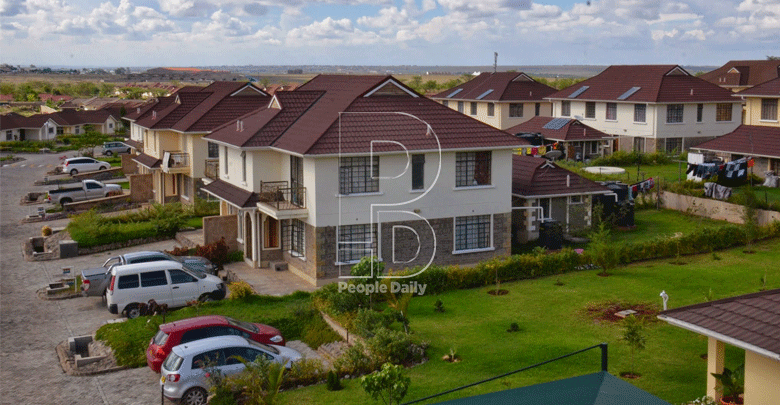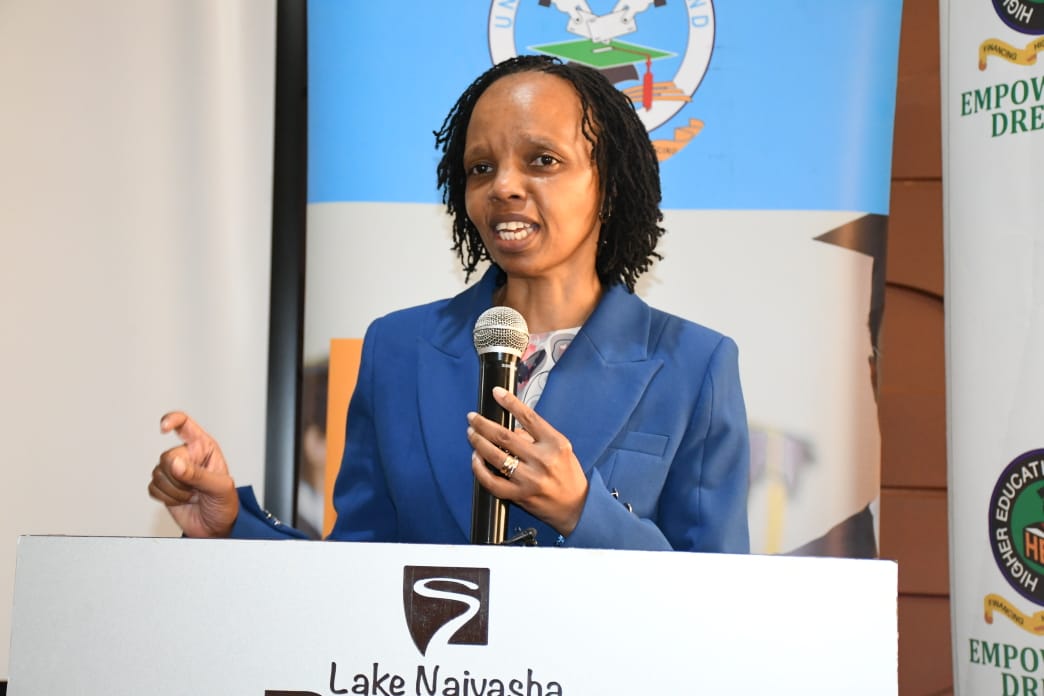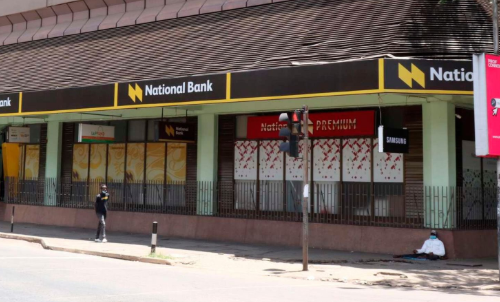Investors, developers shift focus to rural towns

Sky-high land prices within and in the outskirts of Nairobi Metropolitan Area coupled with infrastructural development in the countryside have pushed construction companies to invest in towns where land is available and affordable.
Keen to reap from insatiable demand for properties by low-income earners who are desperately seeking affordable land, and buoyed by the ongoing mega government transport infrastructure, housing cooperatives, land buying companies and individuals are acquiring huge chunks of land in the far-flung areas for subdivision and sale, something that was previously unthinkable.
For a while, real estate investors have concentrated their investments in Nairobi, Kiambu, parts of Kajiado and Machakos, but in the recent past, investors in the city and its environs are vernturing as far as Kitui, Laikipia, Nakuru, Muranga, Nyeri, Kwale, Kilifi and Lamu counties, which have become the next frontier for the real estate sector.
This is due to availability of land in huge chunks at an affordable rate. But with shrinking land, fuelling demand and pushing prices up the roof, averagely Upper Hill is listed as the costliest location, with an acre going for Sh511.2 million followed by Westlands at Sh421.7 million and Kilimani Sh415 million, many people have been forced to consider investing in land in areas where their little savings can afford them.
For instance, Eden Park Country Gardens, a real estate firm, which has previously concentrated its operations in Kiambu, Machakos and Kajiado counties, has cast its net wide to extend its interests to Mukuanima area in the far end of Kitui county bordering the coast region where the company is selling a 2,300 acre land to clients.
An acre of land bought through the firm in Kitui goes for Sh 165,000.
The average price for the same piece of land in Nairobi is Sh189 million and in Nairobi outskirts prices range from Sh10 million and above.
Accessible and aerable
“Low income earners, who are interested in sizable pieces, are okay with acquiring land in rural areas, as long as the land is in good shape and there are good road network and amenities such as water, electricity and security,” Joseph Njoroge, the firm’s director said.
The company, which is also working on a project in Nanyuki, Laikipia county, has been organising fortnight trips to the place, where approximately 200 people have successfully purchased land.
Njoroge says completion of the Kitui-Ikutha-Mukuanima road has attracted investors in the area.
“The land in arable. It’s ideal for farming of various crops including horticulture since it’s next to River Athi.
People are able to buy bigger portions because the cost is still low unlike in the capital and its surroundings.
It’s also ideal for settling, making it attractive for people looking for a place to retire considering that most of the people living in Nairobi, other than the rental houses they live in, have been unable to acquire land due to high costs,” he added.
John Mwaniki, the director of Jekmas Services, a real estate firm with interests in Kiambu and Nairobi said it should not come as a surprise that real estate is thriving in areas considered the countryside.
Affordability and development
Since the advent of devolution, which has been credited for transforming regions through infrastructure and other amenities, Mwaniki says players in the sector have been camping in the areas where they ferry their clients.
“With good roads and other amenities, real estate players will definitely camp in areas they previously shunned.
Housing projects will impact other developments, including businesses that will give those places unprecedented growth,” Mwaniki said.
Another real estate firm, Kamuthi Housing Cooperative Society bought and is developing a 1,200 semi-arid land in Kilimambogo in Thika East, a gated community project where they are settling 5,000 people, as well as Soya Dam Estate in Gatanga, Muranga county, an area, which was previously unattractive to many investors.
“People were not willing to buy property in this area because of its location. Many people wanted properties around and near Nairobi and other major towns.
They felt that buying land in such a remote area was a waste of resources,” said Eliud Njoroge, the firm’s treasurer, adding that for the last few months, they have been issuing title deeds for the two projects to successful buyers.
In Thika, the society is putting up Sh1.8 billion Buffalo Hills and Golf Village, a gated community project, which will have 750 homes standing on 355 acres of land.
Kapiti Plains in Kajiado county, which is off Mombasa Road has for a long time been dotted with acacia trees and served mainly as pasture for pastoralist, but today it is attractive to real estate players, thanks to the construction of the Standard Gauge Railway (SGR) and the planned Konza-Isinya/Kitengela Bypass.
Since the launch of the SGR, land buying companies, cooperative societies, self-help groups, corporations, learning institutions and individuals have been scrambling for land in the area with a view to building or settling there, or for speculation.
Kenya College of Accountancy (KCA) University and Stima Sacco are among recent entities, who have acquired land in Kapiti Plains, which border Machako’s county and the fast-growing Kitengela to the east.
Residents say that the price of an acre has risen from Sh400,000 to more than Sh3.5 million, depending on the location.















